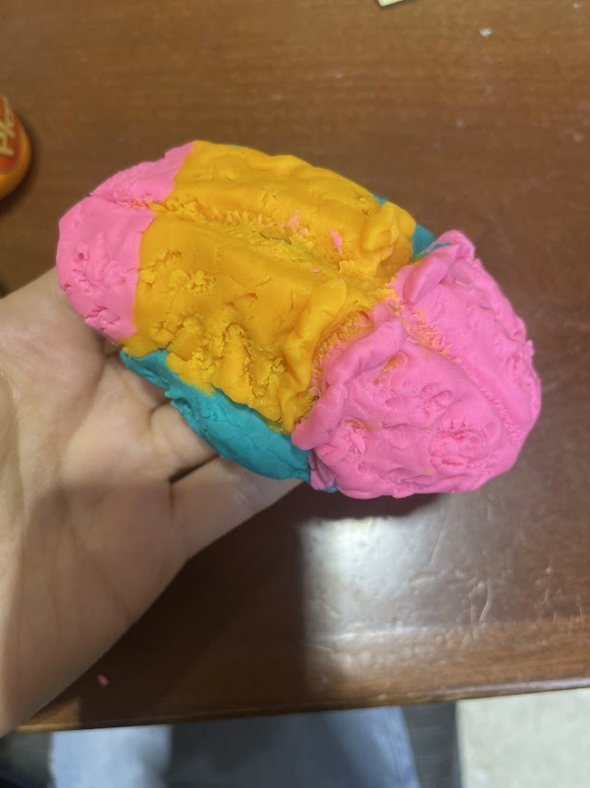

Kalina Duncheva


Where Neuroscience and Shakespeare's First Folio Meet
It's time to talk about school. No, really. I've been telling you about my DOC trips, that scarecrow doll whose head we kind of detached during archery practice (what?!), and skiing. Enough fun and games. We've got to talk about school.
Every year, there are four academic terms–Fall, Winter, Spring, and Summer–and each term is 10 weeks long. Instead of having two semesters of 15 weeks, Dartmouth has three terms, ten weeks each. You need 35 credits (each class is one credit) to graduate. Most terms, students take on three courses per term. Sometimes–only four times in your academic career in fact–students can take four courses per term. Other times, you can take two courses.
This term, Winter 24, I'm taking Introduction to Neuroscience (PSYC 6), The Price System (ECON 1), and a first-year writing seminar called Cognitive Don Quixote (SPAN 7).
My neuroscience course is by far my favorite. We learn about all the systems in the brain–from olfactory (smell) to somatosensory (touch, pain, etc.)–and we learn how the brain creates our perceptions. A few weeks ago, the professor showed us a real human brain (and also a rat and sheep brain) soaked in formaldehyde. Our task, then, was to make a model of the brain out of play-doh. I'm sorry I don't have a picture of the actual brain–you'll have to make do with my model. :)

My writing seminar, Cognitive Don Quixote, has a title that surprises a lot of people. First, you've no idea how often people mishear "Don Quixote" and ask confusedly, "Wait, what? Donkey Ote?". You have no idea how often I have to explain to them that I'm not spending my time reading about some donkey called Ote. No, I'm learning about one of the first modern novels, Cervantes' Don Quixote!
And why is the class cognitive? Well, Don Quixote became mad and started chasing flocks of sheep and windmills after reading a tad too many chivalric novels (novels about knights). So this poses my questions: from "Why do we read fiction?" to "What happens to the human mind when we read fiction?" These questions have always fascinated me, and I've also been long fascinated by the human brain.
In other words, this term has been really interesting for me so far. With my Cognitive Don Quixote class, we also got to visit Rauner Library and see the second most expensive book the library owns–Shakespeare's first folio that's worth a few million dollars. We also saw the first English edition of Don Quixote (that's the header image). It's amazing that students are allowed to touch all these books and leaf through them.
Have you ever held in your hands a book worth millions of dollars? You can do that at Dartmouth!
Posts You Might Like

While the Hanover community is always strong and thriving, it's hard to imagine what it's like when you are thousands of miles away from The Green. Read on to learn about my Dartmouth life in Rome, and the community within Dartmouth while abroad.


My experience in my first ever literature class!


All about Writing 5 (and my favorite watches from the course materials!)


During my sophomore spring quarter, I took on the challenge of four STEM courses, and while it has been intense, the unexpected connections across subjects and the joy of learning have made it one of my most rewarding academic experiences yet.


Hello finals week! As I close out a finals season, dive into my bag to see just what gets me through this time of the term!


On the Beijing LSA+, we have real-world Chinese practice every Friday. Last week we went to two neighborhoods, Houhai and Shichahai, and wrote a photo log about our experience. Read along to see what immersive language learning here looks like!


Curious about what a class looks like on a Dartmouth Foreign Study program? Read on!


With so many undergraduates hoping to participate in the exceptional atmosphere of the Tuck School of Business, Tuck created programs specifically designed for us. I was fortunate enough to take part in one of them: TuckLAB Entrepreneurship.


